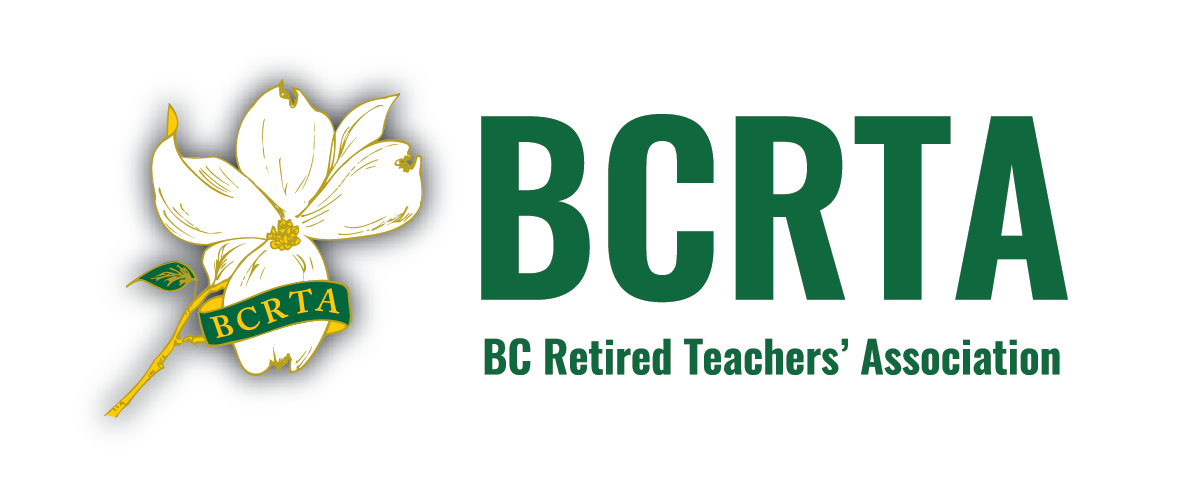On Dec. 3, 2019, the Well-Being Committee received an excellent presentation from Sally Thompson who is National Director of Affinity Development with Hearing Life, one the BCRTA’s Advantage Program partners. Her presentation was not so much about purchasing hearing aids, expensive or not, but on the importance of hearing health being part of our overall health profile. Starting at age 60 hearing acuity often declines. In fact, 47% of those who are of age 60 suffer some hearing loss. In addition to the inconvenience of not being able to follow a conversation or hear the TV, hearing loss also has an impact on both the functioning of the auditory processing of the brain and the overall health of the senior. The longer the hearing impairment is left untreated the greater the likelihood of significant long-term damage to the brain and serious health deficits for the individual.
Age, Illness, and Even Medications Can Affect Your Hearing
The use of some medications can impact the hearing nerves in the brain. For example, long term use of Aspirin or common antibiotics ending in “cin” can damage the auditory nerve. Your doctor should be able to advise you on appropriate use to minimize damaging effects of these medications. That is why it is important for hearing testing to be a regular part of your health regimen at the age of 60. There are many causes of hearing loss, some of which can be treated without having to resort to hearing aids. Hearing testing is a cost-free service with Hearing Life. You do not require a medical referral for a hearing test, you can simply call 1.855.749.7743 or visit the online booking page on their website. Mention you are a member of BCRTA and Hearing Life will schedule you into a clinic convenient to you.
What to Expect
The hearing test process, regardless of the provider, should emphasize diagnosis first and not the purchase of devices. Included should be a discussion of your medical history, the results of Otoscopy, Tympanometry, Air/Bone Conduction, and speech understanding assessment. Ms. Thompson gave an explanation of some “advantages” her network offers to BCRTA members. The free hearing test determines the nature of the hearing loss and what sort of remedies are available (not always a hearing aid). Free trials of various devices help patients find the right one.
The Cost of Hearing Aids
A common concern is the cost of hearing aids. Thompson pointed out that devices have different price points, but the primary concern should be selecting the device that best addresses your needs. As I write this, Hearing Life is offering BCRTA members a 25% discount off the price of hearing aids, plus the special 10% discount that BCRTA members always receive. Hearing Life sometimes has a reputation of being expensive, but Thompson pointed out that they have a price-matching guarantee. Those who find the one-time cost of purchasing a device should consider that financing is available. Both Green Shield and Johnson EHC plans also have some coverage for hearing aids – check your plan. When you need a hearing aid, the final cost per day is small compared to the health benefits. According to Thompson, in addition to requiring a professional certification , all Hearing Life centers abide by a code of conduct that emphasizes honest and accurate hearing assessment and appropriate treatment planning. You should never receive a “pitch” from any hearing provider to buy something you don’t need.
Ms. Thompson concluded that hearing aids do not cure hearing loss but work to stabilize speech understanding capabilities in neuro-sensory cases. Successful treatment relies on a positive attitude, willingness to learn, practice, patience and commitment of the client to persevere in the acclimatization process of adapting to hearing aids. Most importantly, addressing hearing loss concerns does contribute to a longer, sustainable, and healthy lifestyle for seniors.
After her presentation I felt very reassured that we as BCRTA members have an Advantage Partner that can offer retired teachers a valuable and cost-effective way of treating hearing loss.
Terry Green
Chair, Well-Being Committee


